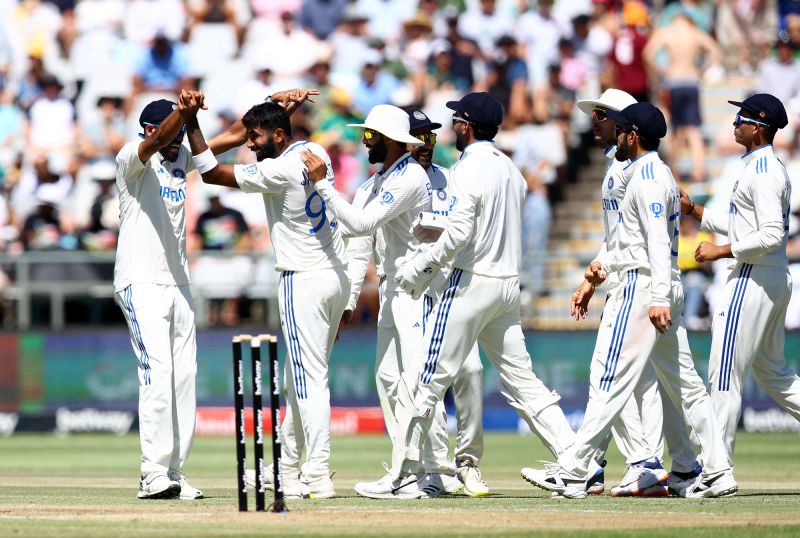
Cricket South Africa Denies Antisemitism Accusations After Captain's Removal

Cricket South Africa (CSA) has denied accusations of antisemitism made by the South African Jewish Board of Deputies (SAJBD) after David Teeger was removed as captain of the SA Under-19 team. The decision to remove Teeger as captain has sparked controversy and allegations of discrimination based on his Jewish identity and his support for the Israel Defense Forces (IDF). The situation has raised concerns about protests related to the war in Gaza, highlighting the intersection of sports, politics, and social issues.
Background and Controversy
The recent controversy surrounding Cricket South Africa (CSA) and the South African Jewish Board of Deputies (SAJBD) has brought to light allegations of antisemitism and discrimination in sports. The removal of David Teeger as captain of the SA Under-19 team has sparked a heated debate about the intersection of sports, politics, and social issues. Teeger, who is Jewish, was stood down as captain due to fears over protests related to the war in Gaza during the upcoming Under-19 men’s Cricket World Cup in South Africa.
Sagiv Jehezkel points to a message that says "100 days, 7.10" -- a reference to Israeli hostages held in Gaza -- after scoring for Antalyaspor.
The SAJBD has accused CSA of antisemitism, claiming that the decision to remove Teeger was based on discriminatory grounds. The controversy intensified when the SAJBD called for the International Cricket Council (ICC) to intervene, but the global governing body declined to investigate the matter, stating that team selection, including captaincy, is an issue for Members and not the ICC.
The allegations of antisemitism stem from Teeger's public support for the Israel Defense Forces (IDF) and his Jewish identity. The SAJBD's statement and CSA's response have ignited a debate about discrimination, freedom of expression, and the role of sports organizations in addressing sensitive political issues.
CSA's Response and Decision
In response to the accusations of antisemitism, Cricket South Africa (CSA) has categorically denied the claims made by the SAJBD. The governing body stated that the decision to remove Teeger as captain was based on security and risk considerations related to the World Cup. CSA emphasized that it has a primary duty to safeguard the interests and safety of all those involved, and the decision was made in the best interests of the players, the team, and Teeger himself.
CSA clarified that Teeger will remain an important and active member of the squad and wished him and the team success in the tournament. The statement highlighted the security and risk updates received by CSA, which indicated the potential for protests related to the war in Gaza at the tournament venues. The governing body expressed concern about the risk of conflict or violence and cited the decision to relieve Teeger of the captaincy as a proactive measure to ensure the safety of all stakeholders.
Impact and Reactions
The decision to remove Teeger as captain and the subsequent accusations of antisemitism have garnered widespread attention and sparked diverse reactions. The controversy has raised concerns about the intersection of sports and political tensions, as well as the implications for freedom of expression and individual beliefs within the realm of sports.
Cricket - Second Test - South Africa v India - Newlands Cricket Ground, Cape Town, South Africa - January 4, 2024 India's Jasprit Bumrah celebrates taking the wicket of South Africa's Marco Jansen REUTERS/Esa Alexander
The SAJBD's call for ICC intervention and the ICC's response have added another layer of complexity to the situation, highlighting the challenges faced by global sports organizations when addressing sensitive and politically charged issues. The impact of this controversy extends beyond the realm of cricket, resonating with broader discussions about discrimination, freedom of speech, and the role of sports in reflecting and addressing societal issues.








